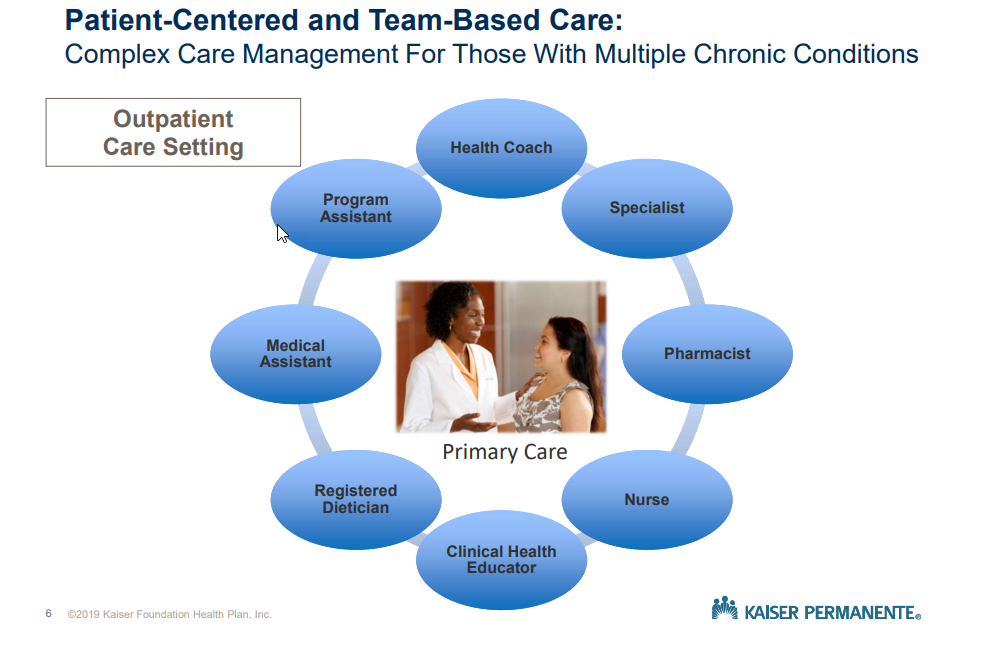More trending concepts from the virtual program and Digital Transformation seminar

In October 2020, KP International had 2 virtual offerings for international health care leaders. We wrapped up the 4-week virtual program The Integrated Health Experience and hosted the Digital Transformation Advanced Seminar.
The Integrated Health Experience provided a solid foundation for understanding Kaiser Permanente’s integrated model. This program was limited in size to enable participants to ask questions and interact with all of the speakers. Takeaways from the first half of the program were featured in an earlier post.
The second half of the program featured discussions of big data, team-based care enabled by technology, change, and transformation. We’ll delve more into those takeaways below.
The Digital Transformation Advanced Seminar was designed for KP International program alumni who already have an understanding of Kaiser Permanente’s model. These sessions focused on the foundations that are in place to support our journey to digitally enabled health care. We heard about the physician and patient experience, the social health capabilities enabled by digital technologies, and finally, an overview of emerging digital trends.
Below is a brief look at some of the major discussion points from these earlier programs. As always, the Q&A highlighted the challenges and opportunities that international health care systems are facing.
Team-based care: Kaiser Permanente leverages its technology and processes to support every member of the care team practicing at the top of his or her license. An example of this is our approach to chronic conditions. A team of care providers surrounds the member with support that is aligned with the doctor’s prescribed treatment. The diagram above shows how we integrate multi-disciplinary support to help patients manage chronic conditions.
Big Data/AI: Kaiser Permanente is leveraging business process automation, machine learning, and artificial intelligence in a variety of ways. One example in care delivery is with Advanced Alert Monitoring, an early warning system to indicate the risk of health status decline of patients in the hospital. Using an algorithm that predicts the risk of decline, the system is supported by a virtual hospital that will alert the care team to respond quickly and prevent a patient needing to be transferred to the ICU. This project has been published in multiple journals and can be explored here.
Training doctors on the use of technology: To support the implementation of new technologies, at Kaiser Permanente we use a peer training model. Physician champions help their peers adapt to new technologies and processes that support the most effective use of the technology. This initiative is documented here.
Transformation and care at home: Almost 2 years ago, Kaiser Permanente created the Office of Transformation to focus on key priorities and pivots for the organization. In KP International’s recent programs, participants heard about the latest initiative to provide more care at home, which has become more important than ever due to COVID. You can access the recording of a session from September that talks about the state of home health and where it is headed.
Emerging trends in digital: In both of our recent programs, call centers came up as a topic of interest. Kaiser Permanente believes that these will become more efficient. During COVID, call center data provided early indicators of coronavirus community spread. Use of AI and virtual triaging functions can continue to help make call centers an efficient and effective option.
Explore upcoming virtual offerings with KP International.
Join our mailing list and stay current! Health care leaders based outside the U.S. who are looking to drive transformation in their health system can subscribe for occasional news about Kaiser Permanente research and KP International programs. We do not share your data, and you can unsubscribe at any time.



